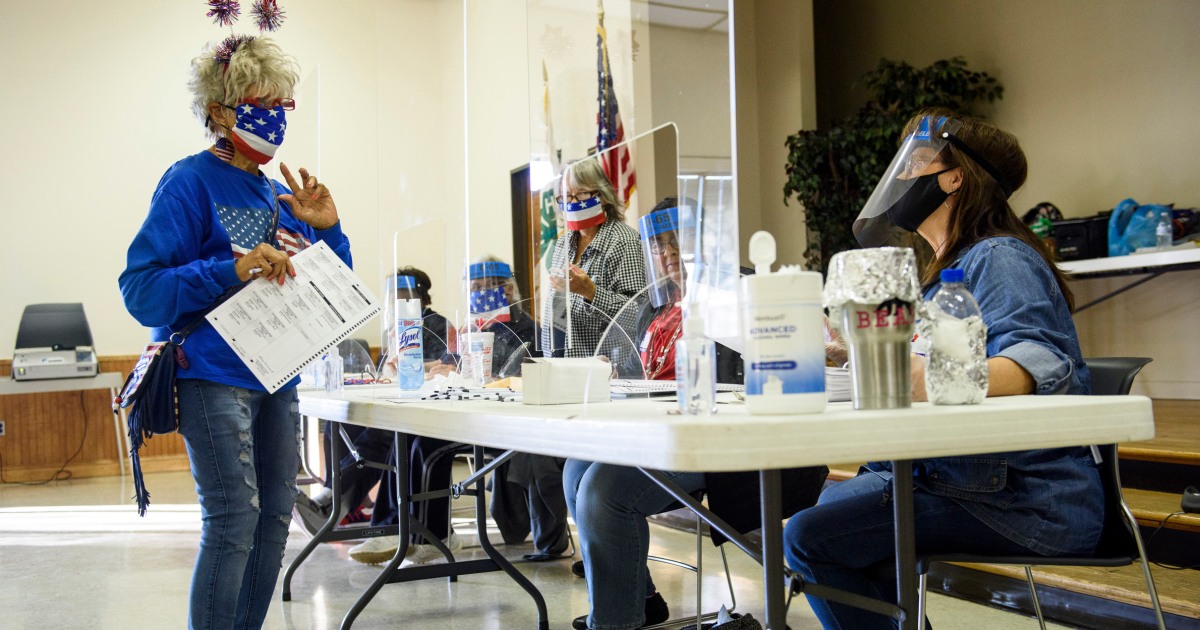
The Supreme Court ruled 8-1 on Thursday that leaders of North Carolina’s Republican legislature can step in to advocate for a voter ID law in court that they believe the state’s Democratic attorney general isn’t fighting hard enough to defend.
The law was passed by the Republican-controlled legislature, but the governor and his attorney general are Democrats, giving rise to a case that presents a dispute about what happens when political parties don’t control all the branches of state government.
In 2018, North Carolina voters approved an amendment to the state constitution requiring a photo ID to vote in person at the polls. When the state legislature passed a law to specify how the provision would work, it was vetoed by Gov. Roy Cooper, a Democrat, but the legislature then overrode his veto and enacted the measure.
The law is not one of the nation’s more demanding voter ID measures. Classified as “non-strict” by the National Conference of State Legislatures, it would allow voters who show up at the polls without an ID to cast a provisional ballot, which would be counted if they later presented a qualifying ID to the county board of elections. Another provision says the ballot must be counted if the voter stated that a “reasonable impediment” prevented getting the required ID.
Nonetheless, the NAACP challenged the law in court, arguing that it intentionally discriminated against Black and Latino voters and unduly burdened the right to vote. A federal judge agreed and issued an injunction to block enforcement of the law, but a federal appeals court lifted the injunction.
The law remains blocked, however, because of orders issued by state courts in separate litigation. That matter is now before North Carolina’s Supreme Court, which has not yet scheduled courtroom argument.
The state’s Democratic attorney general, Josh Stein, defended the photo ID law in both federal courts, but Republican legislators said his efforts were half-hearted, more concerned with administrative issues than countering the discrimination claims. The federal courts said, however, that the attorney general was doing an adequate job of presenting a defense.
That prompted the speaker of the state’s General Assembly and president pro tem of the state Senate to ask the U.S. Supreme Court to let them intervene in the case, arguing that state law explicitly gave them the authority to defend the laws that they passed. With the high court’s decision, they now have that authority.
Defenders of the state photo ID requirement will need to prevail in both state and federal court, however, in order for the law to be enforced. The Republican legislative leaders can now pursue the federal case as full participants.
Source: | This article originally belongs to Nbcnews.com










